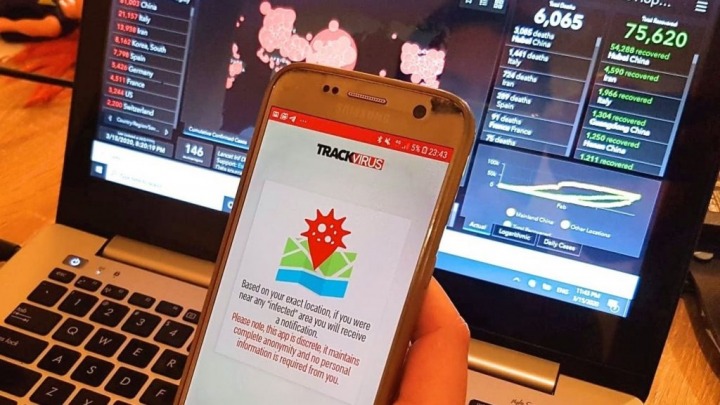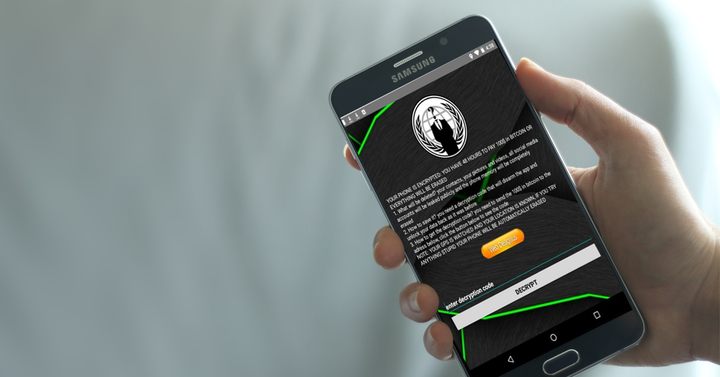App For Tracking Coronavirus Turn Out to be Ransomware
The ransomware software called „CovidLock” infects Android smartphones when users install the coronavirus case tracking application. Hackers block the phone and demand a ransom in exchange for access.

In a situation of panic caused by the COVID-19 disease, many people want to keep an eye on the progress of the epidemic and install on their smartphones various applications to track the infection. As it turns out, even in the face of such a threat, there are hackers who use the fact to prey on unaware users. Recently discovered ransomware software called "CovidLock" infects Android smartphones and then demands a ransom in Bitcoins.
How does it work?
According to researchers from DamainTools, a cyber security company, it can be difficult to find reliable information about the spread of the virus in our area, especially in countries like Italy, where the situation is getting worse by hour. It is this information gap that hackers exploit. By installing the coronavirus tracking application, you will get an elegant and well-made layout, which confuses users and lulls them into a false sense of security.

After a few minutes of using the program, it completely blocks the phone and demands a Bitcoin activation fee of $100. We have 48 hours to pay for the ransom, after which all data stored on the phone will be deleted, and certains photos, which certainly shouldn't go to social media, will find their way there. Specialists from DomainTools inform that the virus is ineffective if your smartphone is equipped with Android Nougat or newer and the screen lock is on.
As you can see, hackers try to benefit even from such misfortunes as pandemics. Therefore, be careful and obtain information from verified sources. Fraudsters know what they are doing and can easily create realistic looking websites even with World Health Organization (WHO) certification.
- DomainTools - official website
- A website created by hackers, from where you can download the application (NOTE - the site is infected, so we highly advise against visiting it)
- Phishing in PoE Led Players Astray. Devs Respond and Warn Against Suspicious Links
- Nintendo Victim of Major Leak. 1 TB of Data Stolen from Pokemon Series Creators
- PoE 2 player accounts target of mysterious hack. Devs at GGG released new details
- ‘We Pissed Someone Off’, says ArmA Reforger lead dev. Internal error and server issues likely caused by DDoS attacks
- Hackers have been executing DDoS attack on Arma Reforger and DayZ servers for a week, now reportedly demanding ransom